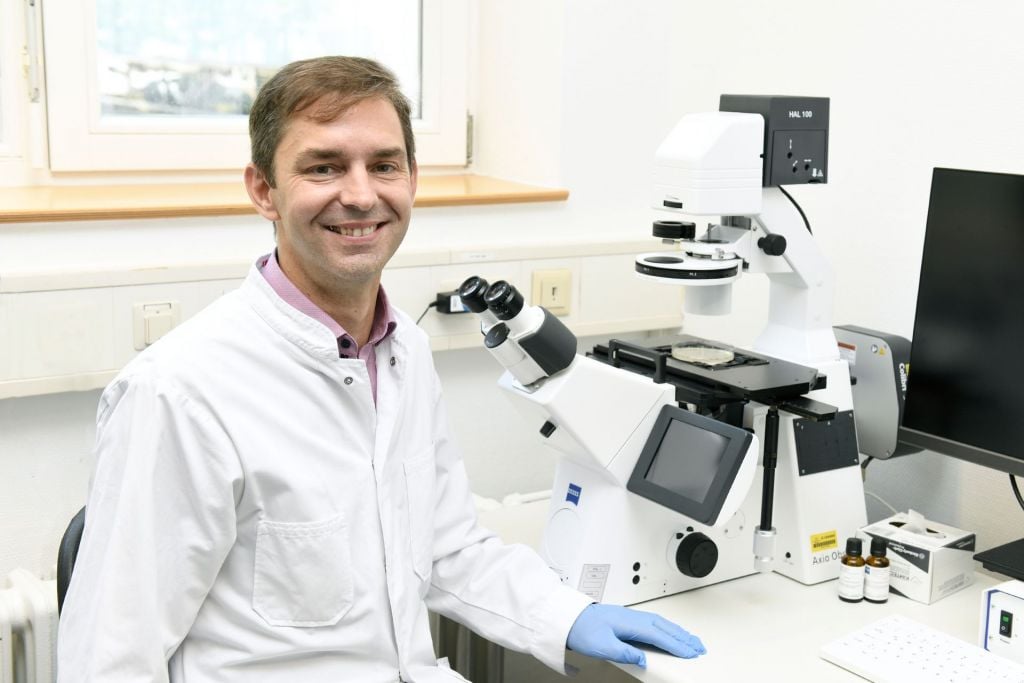A new study shows antibiotic treatment prior to CAR-T cell therapy is connected to unfavorable treatment outcomes.
An international team headed by Eran Elinav of the Cancer & Microbiome Division of the German Cancer Research Center (DKFZ), and led by Christoph Stein-Thoeringer, professor of Clinical Infectiology and Translational Microbiome Research at the Medical Faculty of the University of Tübingen in Germany, has revealed the possible link between gut microbiota and the efficacy of certain cancer immunotherapy treatments.
The research was published in Nature Medicine.
While cancer is still a leading cause of death, there has been encouraging progress in some areas, such as the fight against lymphoma using cancer immunotherapies with CAR-T cells. With the help of genetic engineering, the body’s own T cells can be converted in the laboratory into chimeric antigen receptor T cells (CAR-T cells) and then transferred back into patients. Equipped with these antigen receptors, the modified T cells are then able to seek out and destroy the tumor cells in the body.
However, there are still big differences between patients when it comes to treatment results, and one reason may be antibiotics.
Antibiotics have a negative effect on the success of cancer immunotherapy
“We were able to show that treatment with antibiotics prior to CAR-T cell therapy has a negative effect on the success of cancer immunotherapy,” Stein-Thoeringer said.
Elinav said: “Using machine learning, a subfield of artificial intelligence, we were able to identify specific components of the microbiome that allowed us to predict the clinical outcomes of CAR-T cell immunotherapy by focusing on patients who had not previously taken antibiotics.”
“In the future, components of our gut microbiome, i.e. certain bacteria, could be used as so-called biomarkers to better predict the efficacy of CAR-T cell therapy,” Stein-Thoeringer added.
Stein-Thoeringer is continuing to research the role of the gut microbiome in immunotherapies against cancer such as CAR-T cell therapy and, in particular, how individual bacteria can influence immune cells and what therapeutic possibilities arise from this.
In addition to the University Hospital Tübingen and the DKFZ in Heidelberg, the international team of experts included researchers from the Weizmann Institute of Science (Israel), University Hospital Heidelberg (Germany), the LMU University Hospital Munich (Germany), the University Hospital Regensburg (Germany), the MD Anderson Cancer Center in Houston (U.S.) and the Moffitt Cancer Center in Tampa (U.S.).
Partnering 2030: The Biotech Perspective 2023






